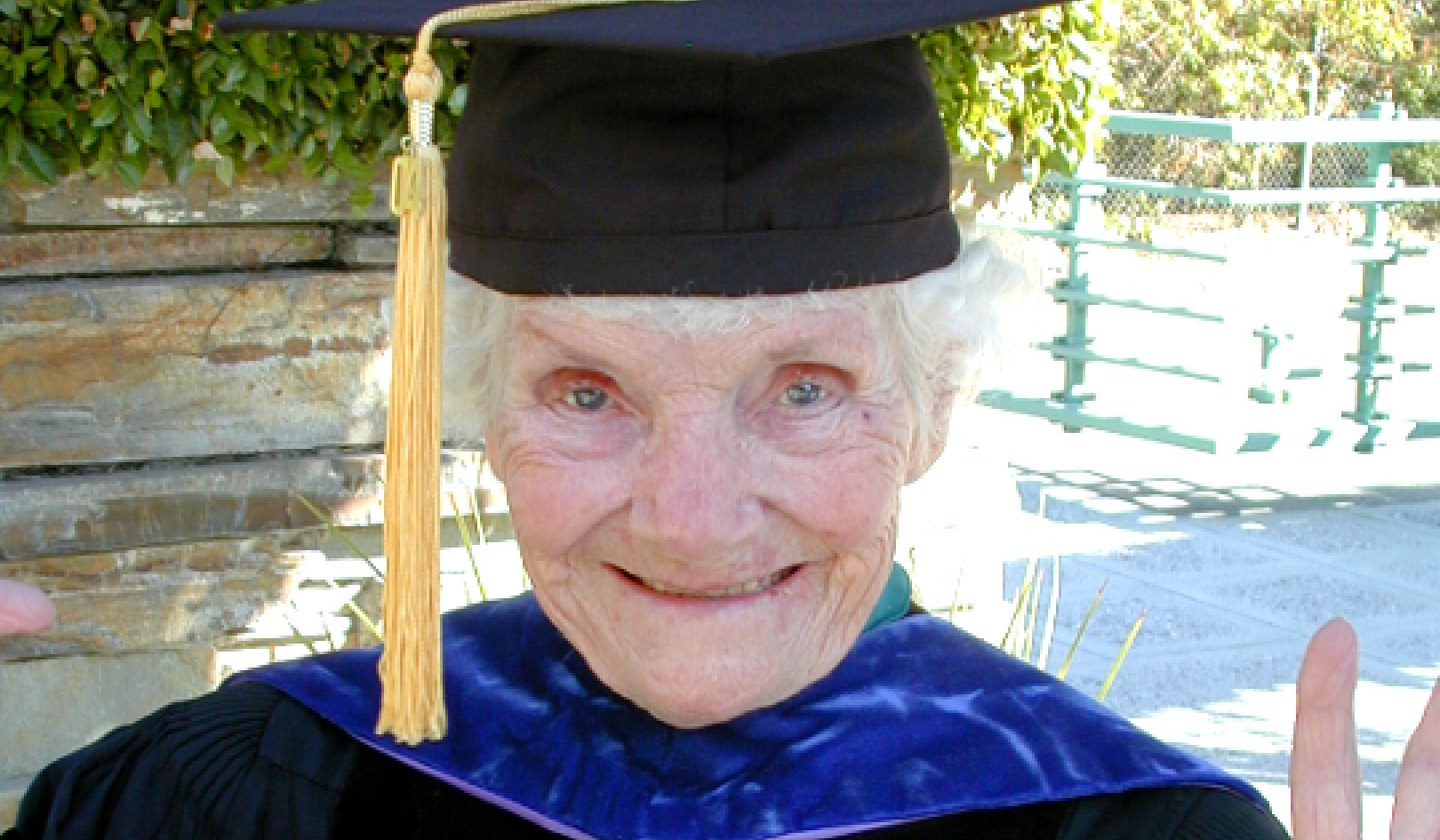
Generally speaking, all religions consider compassion to be important. Buddhists consider compassion to be important; similarly, all other religions also consider compassion to be important. Moreover, it is not just the religions of the world that consider compassion to be important. Ordinary, worldly people think so too. In fact, everybody thinks that compassion is important, and everyone has compassion.
Everyone Feels Compassion
Generally, everyone feels compassion, but the compassion is flawed. In what way? We measure it out. For instance, some feel compassion for human beings but not for animals and other types of sentient beings. Others feel compassion for animals and some other types of sentient beings but not for humans. Others, who feel compassion for human beings, feel compassion for the human beings of their own country but not for the human beings of other countries. Then, some feel compassion for their friends but not for anyone else.
Thus, it seems that we draw a line somewhere. We feel compassion for those on one side of the line but not for those on the other side of the line. We feel compassion for one group but not for another. That is where our compassion is flawed.
What did the Buddha say about that? It is not necessary to draw that line. Nor is it suitable. Everyone wants compassion, and we can extend our compassion to everyone.
Partial or Flawed Compassion
What fault comes from partial compassion? The story is told of catching a fish and giving it to a dog. Feeling compassion for the dog, we think, "This dog is my dog. I want to give things to it. I have to give a lot of food to this dog." To feed the dog, we catch a fish and give it to the dog.
When we give the fish to the dog, our compassion helps the dog but hurts the fish. We do feel compassion for the dog but not for the fish, and because of landing outside the circle of our compassion, the fish suffers harm.
Compassion For Some But Not For All?
When we have compassion for some but not for others, there is always the danger of the others being harmed by our efforts on behalf of those for whom we do feel concern. Similarly, we may feel compassion for the people of our own country but not for the people of another country. We feel that they deserve to be comfortable and well. However, that entails harming anyone who threatens them.
To protect the people of our own country, we fashion weapons of war. Why do we manufacture weapons? Out of compassion for the people of our own land, we make weapons that we will use to keep them safe by killing and destroying other people. Our compassion is partial. We protect our own people and we harm people who do not belong to our group.
These days, we issue visas to control the flow of people into our countries. Why? We feel that the people of our own land deserve to be comfortable and well. Were people to arrive from some other land, they would make trouble for us. Therefore, we do not permit them to come to our country. We turn them back. If they have no place to live, that's their problem. Let them suffer. The harsh treatment of others comes from restricting our compassion to some and withholding it from others.
Compassion Without Measure for All Beings
 When compassion is partial, then all that trouble will arise. For that reason, the Buddha taught that an uncommon variety of compassion is required. What is the nature of that uncommon compassion? It has two aspects.
When compassion is partial, then all that trouble will arise. For that reason, the Buddha taught that an uncommon variety of compassion is required. What is the nature of that uncommon compassion? It has two aspects.
First, the compassion taught by the Buddha has no measure. That is to say, the Buddha taught that compassion is to be extended to all sentient beings. Second, compassion is a wish to free sentient beings from suffering. However, it is not possible to free others from suffering immediately. Initially, it is necessary to free others from the causes of suffering.
For example, I have diabetes. My doctor tells me that I must do something about this. What must I do? First of all, I have to avoid eating the things that cause me to feel sick: sugar and other sweet things. Why? They are the causes of my suffering. If I continue to eat sweet things, I will continue to suffer from this illness. Similarly, to overcome other types of suffering, it is necessary to stop engaging in their causes.
Begin by Seeing That All Beings Are the Same
Given that we would like to generate a compassion that is both immeasurable and intelligent, how shall we proceed? It may surprise you to hear that we do not begin by attempting to increase compassion. Rather, we begin by cultivating equanimity.
To cultivate equanimity means to consider the ways in which all sentient beings are the same. That will allow us to erase the line dividing those for whom we feel compassion from those for whom we do not feel compassion. To whatever extent we are able to see all sentient beings as similar, to that same extent we will be able gradually to generate compassion that is immeasurable.
Upon what method shall we rely in order to generate compassion that excludes no one? Consider one hundred human beings. They do not differ in wanting happiness and not wanting suffering. If ninety of them wanted happiness and the other ten wanted suffering, they would differ. In fact, all one hundred want happiness and do not want suffering.
In that respect, they are the same. What need is there to feel compassion for some but not for others? If you think about it that way, you will begin to feel a little bit of compassion for everyone. Gradually, that will increase.
Increasing Compassion Even for our Enemies
If we begin in this way, our compassion will increase and eventually we will be able to feel compassion even for our enemies. In the Buddhist religion, we speak of many types of sentient beings scattered throughout the Three Realms -- hell beings, hungry ghosts, animals, and so on -- many of whom undergo excruciating torment. In time, you will want to free all of them from suffering.
Similarly, human beings suffer in various ways, and all human beings without exception suffer in many ways the pains of birth, aging, sickness, and death. It is necessary to cultivate the compassion of wanting to free all human beings from the suffering that besets them. Whether they are presently faring well or badly, all sentient beings deserve our compassion.
This infant compassion must grow until it extends to all sentient beings. As it grows, it will serve as the root of all other good qualities. For instance, from the compassion that wishes to free all sentient beings from suffering, the love that wishes all sentient beings to enjoy happiness will arise.
Love too must become immeasurable, and love must be intelligent. Merely thinking that sentient beings deserve to be comfortable and well will not make it so. What else will they need in addition to our good wishes? They will need the causes of happiness.
Results Come About Due to Their Causes
Results cannot come about in the absence of their causes. Suppose I were to want a flower to grow on this wooden table in front of me. I might pray for a flower to grow -- "May a flower grow on this table" -- but that will not make a flower appear on this table. Even if I were to pray for a month or a year, prayers alone will not cause flowers to grow on this table.
What other methods will I have to employ to make that flower grow? The causes of a flower will do the trick. First, I will need to buy a flower pot. Then I will need to fill it with earth. Then I will have to plant a seed in the earth, water it, add fertilizer, and so on. If I do all those things correctly, a flower will grow here.
Similarly, I may want all sentient beings to enjoy happiness, but I am not able to give that to them straightaway. They will need the causes of happiness in order to achieve it.
The Causes of Suffering & Happiness
At its root, compassion means separating others from the causes of suffering. Similarly, at the root, love means joining others to the causes of happiness.
What are the causes of suffering? Mental afflictions and bad actions. Stop accumulating those.
What are the causes of happiness? Love, compassion, accumulation of virtue, and so on. Living that way, we separate from the causes of suffering and come to possess the causes of happiness. Then, in the future, sentient beings will naturally become free from suffering and will enjoy comfort and well-being.
The compassion taught by the Buddha is unusual. First we cultivate immeasurable equanimity. Then we cultivate immeasurable compassion, and following that we cultivate immeasurable love. From these three, immeasurable joy develops. Thus, the uncommon way of cultivating compassion taught by the Buddha follows the pattern of the four immeasurables.
Compassion is not Suffering
If we do not develop ourselves in this way, compassion will become another way to suffer. For instance, suppose that someone is sick with a terrible illness. If I see this person and cannot cure the illness, then I will become discouraged. Because I lack recourse to other methods, my compassion will have become nothing more than another way to suffer.
Because compassion considers not only suffering but also its causes, and because love considers not only happiness but also its causes, there is always something that I can do to help others. Something will come of my efforts. Because my efforts will yield results, my compassion for others does not add pain to pain. Rather, it brings pleasure and joy. Therefore, in the end, immeasurable compassion leads to immeasurable joy.
If I help one person, then I have helped one person. If I help two people, then I have helped two people. If I help many people, then I have helped many people. This brings joy, and the joy increases as I am able to help more people.
The Roots of Suffering Grow Within Our Mind
The roots of our suffering grow within our own minds, rather than externally. How so? For instance, when strong desire arises and we are able neither to quell it nor to fulfill it, we suffer.
At other times, hatred arises in us. Hatred leads us to harm others, and then they will harm us in return. Sometimes we feel proud or jealous, and those afflictions bring us suffering too. Sometimes suffering comes to us because of our ignorance, which is to say, because we do not understand something. Therefore, the roots of our suffering grow within us, not outside of us.
In the language of the Buddhist tradition, we say that suffering arises in dependence upon afflictions, such as desire and hatred. To put it simply and in colloquial language, we can say that our suffering comes from how we think about things. In that case, what shall we do? If we correct our mistaken way of thinking, our suffering will end.
©2002. Reprinted with permission of the publisher,
Snow Lion Publication. http://www.snowlionpub.com
This article is excerpted with permission from the book:
Essential Practice: Lectures On Kamalashila's Stages of Meditation In The Middle Way School
by Khenchen Thrangu Rinpoche, translated by Jules B. Levinson.
 Teaching on Kamalashila's treatises outlining the stages of meditation, Thrangu Rinpoche explains the need for compassion and the way to develop it, the necessity for a bodhisattva's vast and durable altruism, as well as the means to generate, stabilize, and fortify it and the elements key to the meditative practices of calm abiding and insight. An engaging element of Essential Practice is the lively interaction of Thrangu Rinpoche with students and members of the faculty of Naropa University as he unfolds the text for them.
Teaching on Kamalashila's treatises outlining the stages of meditation, Thrangu Rinpoche explains the need for compassion and the way to develop it, the necessity for a bodhisattva's vast and durable altruism, as well as the means to generate, stabilize, and fortify it and the elements key to the meditative practices of calm abiding and insight. An engaging element of Essential Practice is the lively interaction of Thrangu Rinpoche with students and members of the faculty of Naropa University as he unfolds the text for them.
Click here for More Info or to Order this book on Amazon.
About the Authors
 Khenchen Thrangu Rinpoche is an eminent teacher of the Kagyu lineage of Tibetan Buddhism who travels and teaches extensively in Asia, Europe, and North America. He is currently tutor to H.H. the Seventeenth Gyalwang Karmapa.
Khenchen Thrangu Rinpoche is an eminent teacher of the Kagyu lineage of Tibetan Buddhism who travels and teaches extensively in Asia, Europe, and North America. He is currently tutor to H.H. the Seventeenth Gyalwang Karmapa.
Jules B. Levinson earned a doctoral degree in Buddhist studies at the University of Virginia. He lives in Boulder, CO, where he works for the Light of Berotsana Translation Group and teaches at Naropa University.























